Top 10 Cholesterol-Lowering Foods
Top 10 Cholesterol-Lowering Foods
Unfortunately, it seems as though, sooner or later, almost every adult will have to have a conversation with their doctor about their cholesterol levels.
Good news though, not all cholesterol conversations will be bad, or equal. But they are all important.
Most of us are already aware, there are two different forms of cholesterol, one good HDL, one bad LDL, but very few actually know just what this cholesterol thing is.
In simple terms, cholesterol is a type of fat, found within the blood.
Cholesterol in More Detail
- LDL (low-density lipoprotein) cholesterol, or, bad cholesterol, carries cholesterol from the liver into the bloodstream, where it can stick to the blood vessels.
- HDL (high-density lipoprotein) cholesterol, or, good cholesterol, carries the cholesterol in the blood back to the liver, where it is broken down.
While cholesterol lives in every single cell within the body, and some levels are required for a variety of different body and brain functions, too much of the evil kind, LDL, is definitely unwanted, as it can lead to an increased risk of health-related issues.
Bad news now though. Some of us are actually predisposed to naturally produce more LDL than others. In addition, as we age, cholesterol levels rise as well.
When you couple this with the typical diet that now contains more processed foods and a higher intake of saturated fats, more of society is fighting an uphill battle for sure.
To be honest, more screen time (phones, tablets, television, etc), more sitting, less overall physical activity are straight-up kicking our butts, so anything we can do to help lower our cholesterol levels through food choices can help.
Our Favorite Cholesterol-Lowering Foods
- Apples: Apple pectin is a soluble fiber that helps draw cholesterol out of the system. The flavonoids (Quercetin) in apples act as a powerful anti-oxidant that seems to short-circuit the process that leads " bad" LDL cholesterol to accumulate in the bloodstream.
- Beans: Beans and vegetables are an excellent source of soluble fiber and high in vegetable protein. By properly combing beans with brown rice, seeds, corn, wheat you can create a complete protein. Properly combined beans become an excellent substitute for red meat protein that is high in saturated fat.
- Brown Rice: The oil in whole brown rice, not its fiber, lowers cholesterol. Brown rice can be combined with beans to form an inexpensive complete protein low in saturated fat. In addition, this whole grain also supplies good doses of heart-healthy fiber, magnesium and B vitamins.
- Cinnamon: A study published in the journal Diabetes Care found that half a teaspoon of cinnamon a day significantly reduces blood sugar levels in people with type 2 diabetes. It also reduces triglyceride, LDL, the bad cholesterol and the total cholesterol level.
- Garlic: Garlic contains the chemical allicin, which has been shown to kill bacteria and fungi, and alleviates certain digestive disorders. It also lowers the blood clotting properties of blood. But the most notable attention garlic has received over recent years is its possible usefulness in lowering cholesterol levels.
- Grapes: Flavonoids in grapes protect LDL cholesterol from free radical damage and reduce platelet clumping. The LDL lowering effect of grapes comes from a compound that grapes produce normally to resist mold. The darker the grape, the better.
- Oats: Oatmeal contains soluble fiber, which reduces your low-density lipoprotein (LDL), the "bad"cholesterol. Five to 10 grams of soluble fiber a day decreases LDL cholesterol by about 5 percent. Eating 1.5 cups of cooked oatmeal provides 4.5 grams of fiber, enough to lower your cholesterol.
- Salmon: The major health components in salmon include: Omega 3 fatty acids and protein. These components have a favorable cardiovascular effect. The American Heart Association recommends that people include at least two servings of fish/week, particularly fatty fish (salmon, tuna, mackerel, sardines, anchovies, and herring), in their diets.
- Avocados: Avocados are an exceptionally nutrient-dense fruit. They're a rich source of monounsaturated fats and fiber, two nutrients that help lower "bad" LDL and raise "good" HDL cholesterol. Additionally, they provide monounsaturated fatty acids and fiber, two heart-healthy nutrients as well.
- Walnuts: Walnuts can significantly reduce blood cholesterol because they are rich in polyunsaturated fatty acids. Walnuts also help keep blood vessels healthy and elastic. Almonds appear to have a similar effect, resulting in a marked improvement within just four weeks. A cholesterol-lowering diet with a little less than 1/3 of a cup of walnuts/day may reduce LDL cholesterol by 12 percent.
Remember, not all cholesterol is bad.
We definitely need small amounts to help structure cell membranes, make hormones like estrogen and testosterone, help your metabolism work efficiently, naturally produce Vitamin D and help the body digest fat and absorb important nutrients.
If you pick 2-3 of the foods from the above list, make them a part of your daily diet and move just 15-30 minutes per day, you will be well on your way to having a better, if not good, chat with your physician.
Intermittent Fasting for Lowering Cholesterol
One last thought before you dive into all the yumminess above. Intermittent Fasting has been shown to decrease the levels of LDL (bad) cholesterol in the body.
If you want to really see lower cholesterol levels, these foods while following a time-restricted feeding protocol can provide an added boost for sure.
Just something that we happen to believe deeply in and thought we should note here.
Now go attack the ugly LDL with your newfound love of the above foods and snacks.
Always Remember...
We would love to hear your thoughts on this, or any other article we write, so please, drop us your comments, ideas, input, and suggestions in the comments below.
And, by all means, if you think anyone in your world might like something we write, use the share buttons below to help us spread the word!
Until next time...PROGRESS, not PERFECTION!
Don't forget, always consult your physician before making any changes to your diet or exercise regimen.
Live a 3D Life...Decisions Determine Destinations!

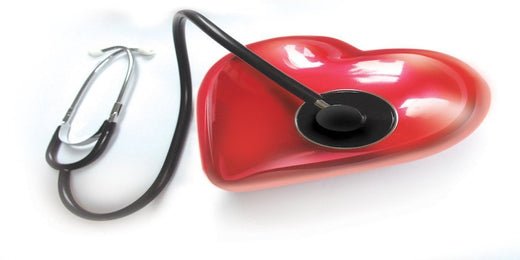
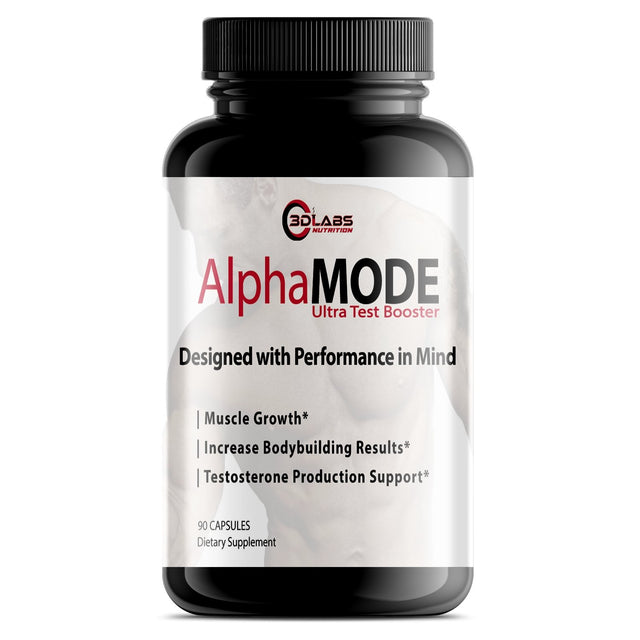
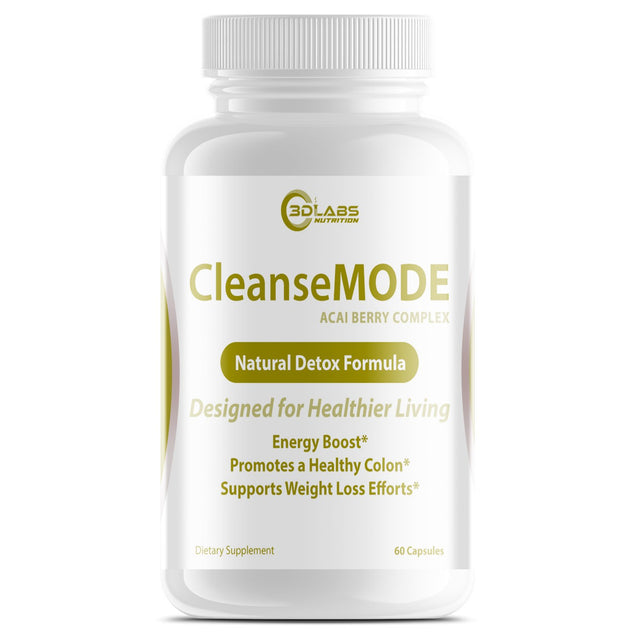
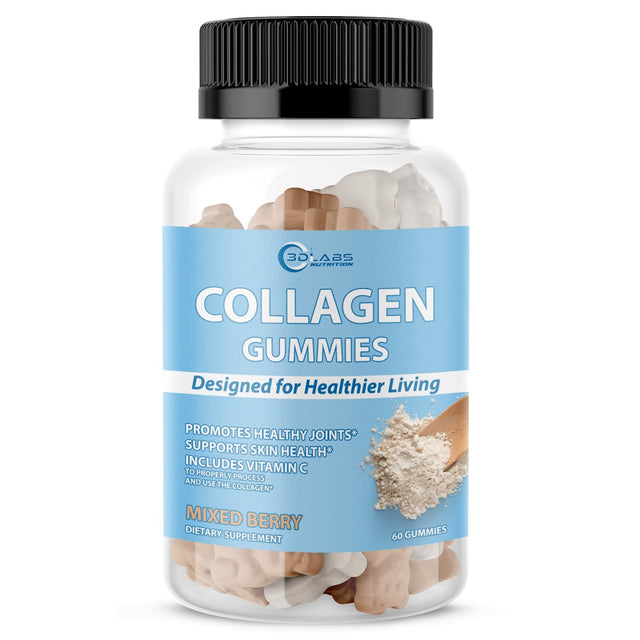
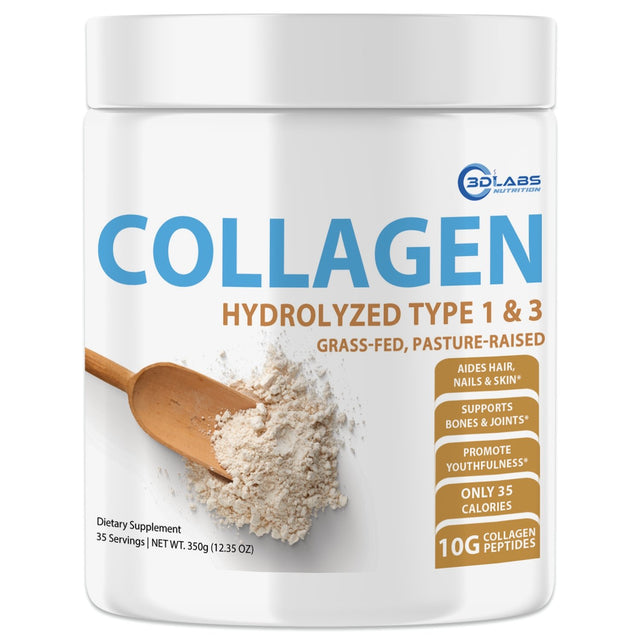
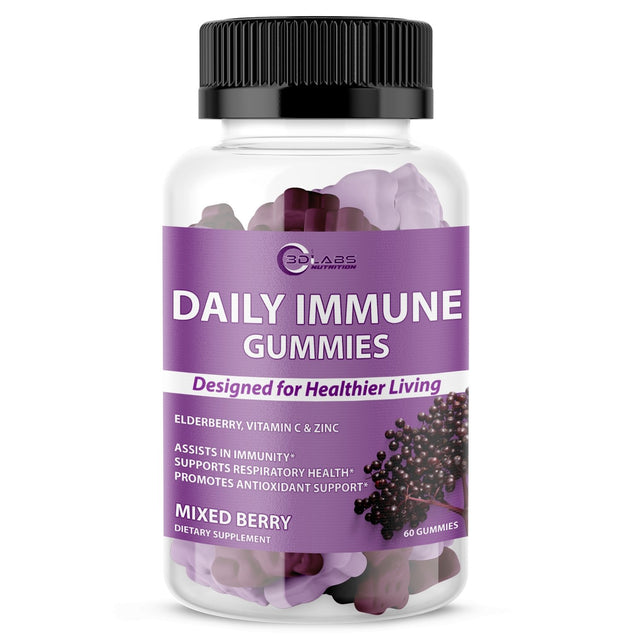
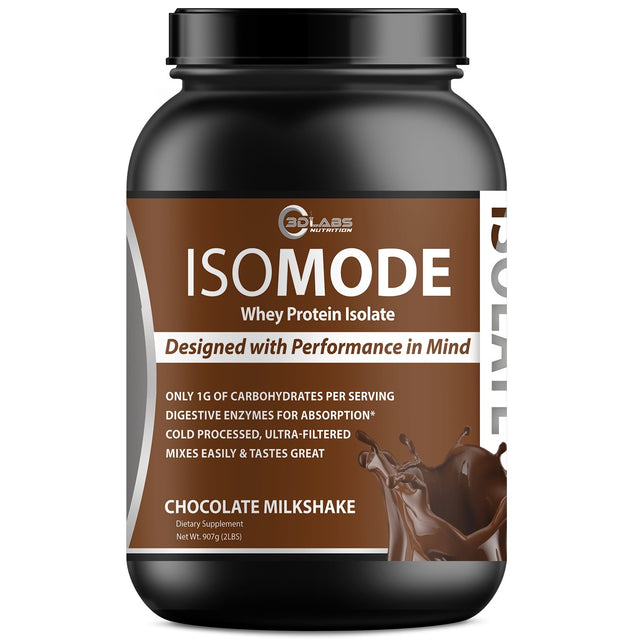
0 Comments
There are no comments for this article. Be the first one to leave a message!